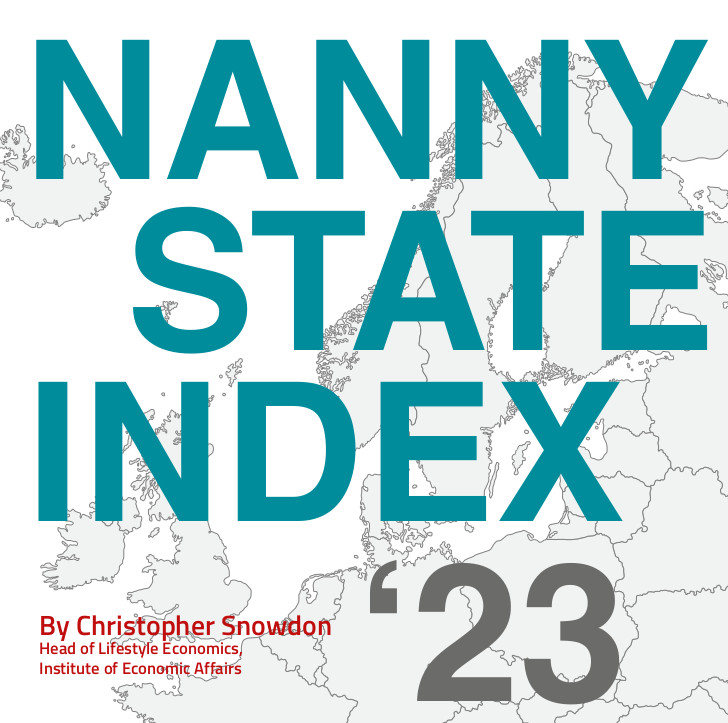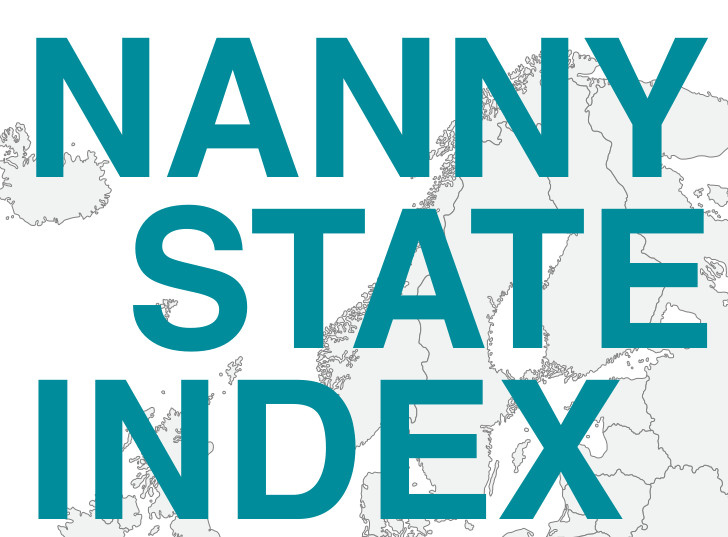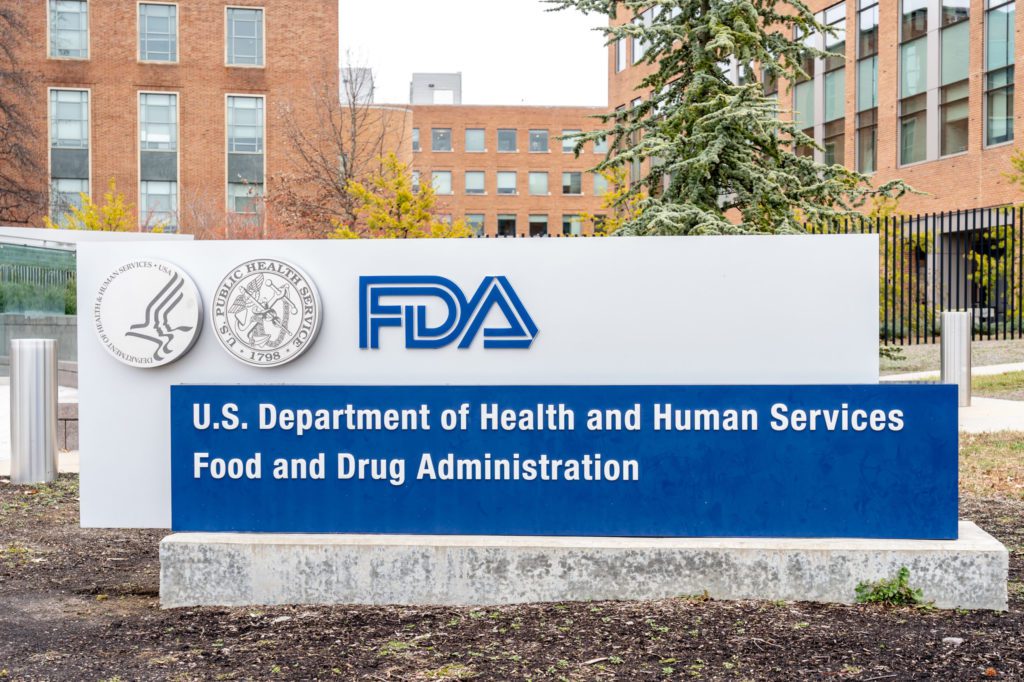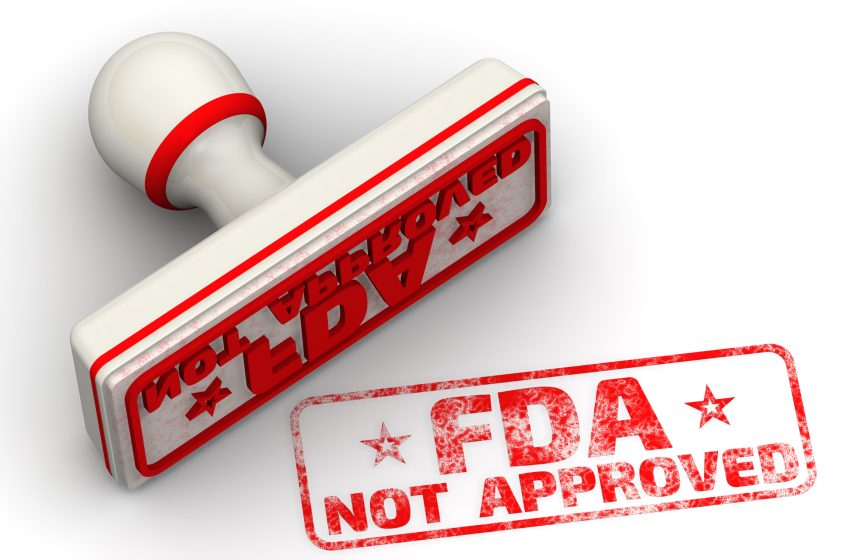
The Institute of Economic Affairs (IEA) has published its Nanny State Index, an annual evaluation ranking Europe’s worst places to eat, drink, smoke and vape.
The IEA’s home country, the U.K., ranks No. 11 on the list. While the U.K. has the most restrictive tobacco regulation in Europe, it has some of the most liberal policies on e-cigarettes.
Turkiye is listed as the most restrictive place in Europe to eat, smoke, drink and vape, and Germany is the most liberal in these aspects.
“With the U.K. introducing some of the world’s most nannying policies on food, it’s no surprise to see it rising up the league table against stiff competition,” said report author Christopher Snowdon, who heads the department of lifestyle economics at the Institute of Economic Affairs. “The U.K. scores poorly in every category except e-cigarettes, where it is the best in show.
“Scotland and Wales drag down the overall score by having minimum pricing for alcohol, and the U.K. as a whole is the worst place in Europe to be a smoker.
“With alcohol taxes rising sharply this year and more food regulation to come, things will only get worse,” Snowdon said.

















